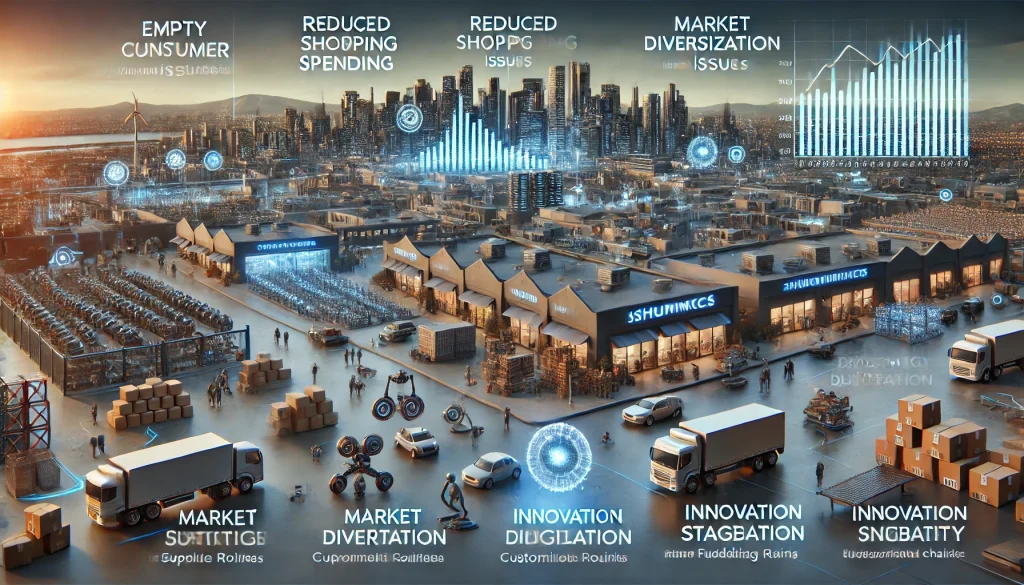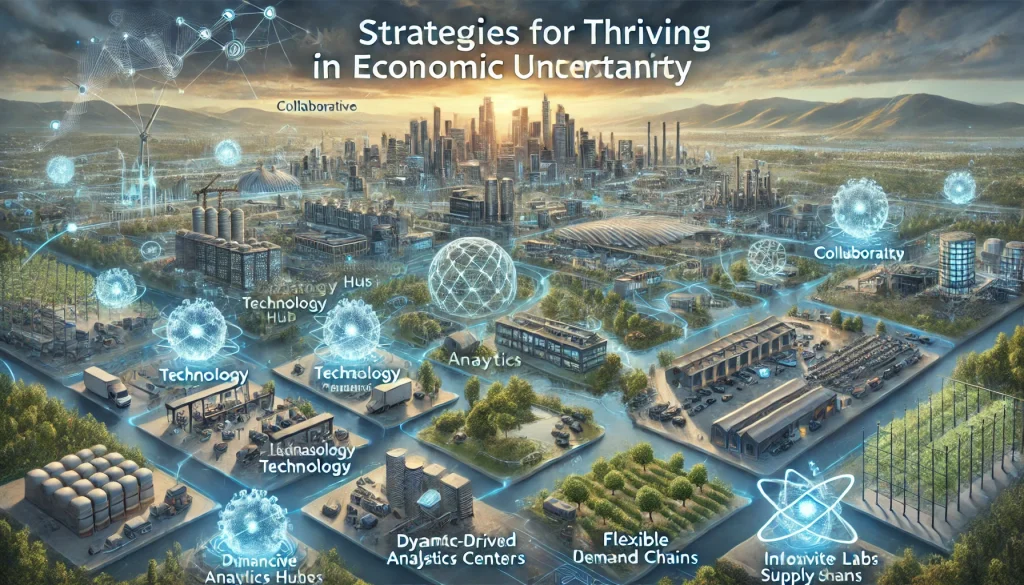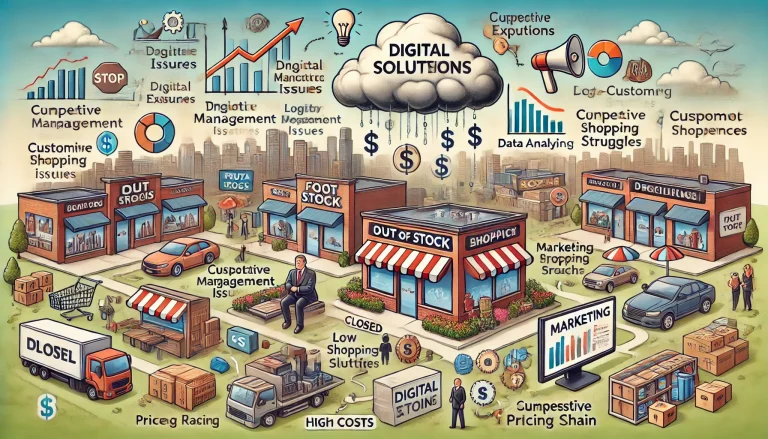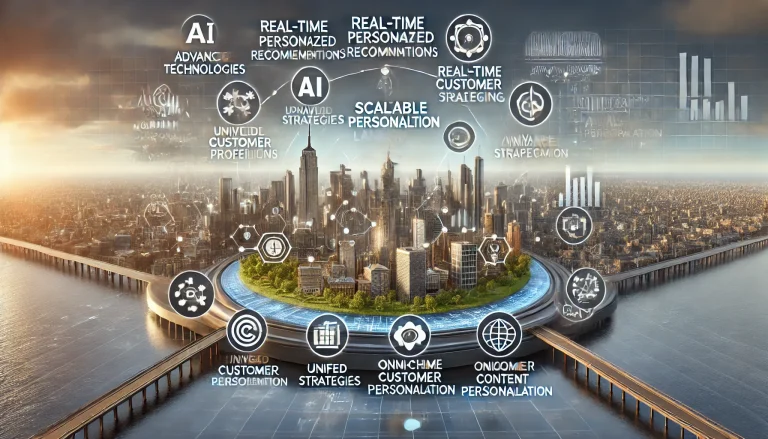Problem Statement
Economic uncertainty can significantly impact consumer spending habits, presenting a challenge for businesses that sell goods directly to consumers. During economic downturns, consumers tend to reduce discretionary spending, leading to decreased sales and revenue. To navigate these fluctuations, businesses must develop strategies that include diversifying product offerings, optimizing operational efficiency, and creating value propositions that resonate with budget-conscious consumers. The goal is to maintain sales and profitability even in uncertain economic conditions, ensuring long-term business sustainability.
Pain Points
- Reduced Consumer Spending: Economic downturns lead to lower discretionary spending, affecting sales.
- Inventory Management: Fluctuating demand complicates inventory management and increases the risk of overstocking or stockouts.
- Pricing Pressure: Need to offer competitive prices while maintaining profit margins.
- Operational Efficiency: Balancing cost-cutting measures with the need to maintain quality and service.
- Customer Retention: Keeping budget-conscious consumers loyal in a competitive market.
- Market Diversification: Identifying and entering new markets to offset declining sales in existing ones.
- Marketing Budget Constraints: Reduced budgets for marketing and promotions during economic downturns.
- Supply Chain Disruptions: Economic uncertainty can cause delays and increase costs in the supply chain.
- Innovation Stagnation: Limited funds for research and development hinder innovation.
- Financial Stability: Maintaining cash flow and financial health in volatile markets.

Future Vision
The vision for businesses facing economic uncertainty involves creating a resilient and adaptable operational framework. This includes leveraging advanced analytics to forecast demand and optimize inventory, implementing cost-effective technologies to enhance operational efficiency, and developing dynamic pricing strategies to remain competitive. Businesses will diversify their product offerings to cater to a broader market and ensure a steady revenue stream. By focusing on creating strong value propositions, companies can attract and retain budget-conscious consumers. Additionally, enhancing supply chain agility and strengthening financial management practices will help businesses navigate economic fluctuations. The ultimate goal is to build a sustainable business model that can thrive in both stable and uncertain economic environments.
Use Cases
- Demand Forecasting: Using advanced analytics to predict consumer demand and adjust inventory levels accordingly.
- Dynamic Pricing: Implementing AI-driven pricing strategies to remain competitive and maximize revenue.
- Operational Efficiency: Utilizing automation and lean practices to reduce costs and improve productivity.
- Product Diversification: Expanding product lines to include essential goods and services that remain in demand during economic downturns.
- Value-Driven Marketing: Crafting marketing campaigns that highlight value and affordability to attract budget-conscious consumers.
- Customer Loyalty Programs: Developing loyalty programs that provide discounts and rewards to retain customers.
- Agile Supply Chain: Building a flexible supply chain that can quickly adapt to changes in demand and supply conditions.
- Financial Health Monitoring: Using financial analytics to monitor cash flow and manage financial risks.
- Cost-Effective Technologies: Adopting cost-saving technologies like cloud computing and AI to enhance operational capabilities.
- Sustainability Initiatives: Implementing sustainable practices to appeal to environmentally conscious consumers and reduce costs.
Target Users and Stakeholders
- Target Users: Retail managers, business owners, marketing managers, supply chain managers, financial officers.
- Stakeholders:
- Internal: Employees (operations, marketing, finance), management, shareholders.
- External: Customers, suppliers, investors, regulatory bodies.
Key Competition
- Walmart : Retail giant offering a wide range of products at competitive prices.
- Amazon : Leading e-commerce platform with extensive product selections and fast delivery options.
- Costco : Membership-based warehouse club providing bulk products at discounted prices.
- Target : Major retailer known for affordable yet stylish products.
- Aldi : Discount supermarket chain offering low prices on grocery items.
- Lidl : Another discount supermarket focusing on high-quality, low-cost products.
- Dollar General : Variety store chain providing everyday low prices on a range of goods.
- Best Buy : Electronics retailer offering competitive pricing and extensive product range.
- Kroger : Leading grocery retailer with a focus on affordable pricing and loyalty programs.
- Walgreens : Pharmacy chain that also offers a variety of consumer goods at competitive prices.
Products/Services
- Walmart: Wide range of products including groceries, electronics, clothing, and household goods.
- Amazon: Extensive e-commerce platform offering everything from books to electronics and groceries.
- Costco: Bulk products at discounted prices, including groceries, electronics, and home goods.
- Target: Affordable, stylish products in categories such as clothing, home, and electronics.
- Aldi: Grocery items at low prices, focusing on private-label products.
- Lidl: High-quality, low-cost groceries and household items.
- Dollar General: Everyday low prices on a variety of consumer goods.
- Best Buy: Electronics retailer with competitive pricing and a wide range of products.
- Kroger: Groceries, household goods, and pharmacy services with a focus on affordability.
- Walgreens: Pharmacy services and a variety of consumer goods at competitive prices.
Active Startups
- Boxed: An online wholesale retailer offering bulk groceries and household products delivered directly to consumers.
- Instacart: Provides same-day grocery delivery and pickup services, partnering with various retailers.
- Thrive Market: Membership-based online market offering organic and natural products at discounted prices.
- Misfits Market: Delivers surplus and imperfect groceries at discounted prices, focusing on reducing food waste.
- FreshDirect: Online grocery delivery service that sources fresh produce and groceries directly from suppliers.
Ongoing Work in Related Areas
- AI and Machine Learning: Enhancing demand forecasting and inventory management.
- Automation: Improving operational efficiency and reducing labor costs.
- Sustainability: Developing eco-friendly products and packaging to appeal to conscious consumers.
- Customer Experience: Using technology to enhance shopping experiences and customer service.
- Digital Marketing: Leveraging data analytics for targeted and cost-effective marketing campaigns.
Recent Investment
- Boxed: Raised $111 million in Series D funding in December 2020, led by Aeon Group, to expand its online wholesale operations.
- Instacart: Secured $265 million in funding in March 2021, led by Andreessen Horowitz, to enhance its grocery delivery platform.
- Thrive Market: Obtained $111 million in Series B funding in June 2021, led by Invus Group, to grow its online market for organic products.
- Misfits Market: Raised $200 million in Series C funding in April 2021, led by Accel, to scale its food delivery service.
- FreshDirect: Acquired by Ahold Delhaize in January 2021, with the investment aimed at expanding its grocery delivery services.
Market Maturity
The market for consumer goods businesses navigating economic uncertainty is mature but constantly evolving. Established players like Walmart, Amazon, and Costco dominate the market with extensive product ranges, competitive pricing, and strong brand loyalty. However, the rise of online retail and delivery services has introduced new competition, pushing traditional retailers to innovate and adapt. Technology-driven startups are disrupting the market by offering convenient, cost-effective solutions for consumers. Investments in AI, automation, and sustainability are shaping the future of retail, as businesses strive to meet changing consumer demands and economic conditions. The market is competitive, with significant opportunities for businesses that can effectively manage costs, innovate, and create value for budget-conscious consumers.
Summary
Economic uncertainty poses significant challenges for businesses that sell goods directly to consumers, as reduced discretionary spending impacts sales and revenue. To navigate these fluctuations, businesses must adopt strategies such as diversifying product offerings, optimizing operational efficiency, and creating value propositions that resonate with budget-conscious consumers. Pain points include reduced consumer spending, inventory management challenges, pricing pressure, and operational efficiency. The market is mature, with established players and innovative startups driving continuous advancements. Investments in AI, automation, and sustainability reflect the need for innovation and adaptability. By addressing these challenges and leveraging new technologies, businesses can achieve resilience and success in an uncertain economic environment.


